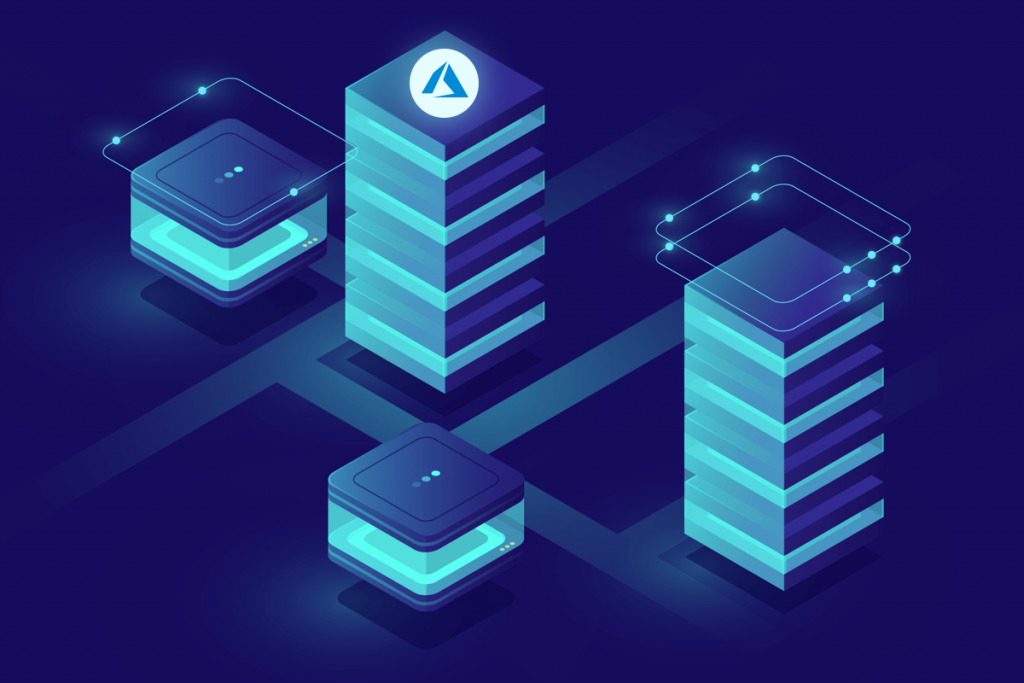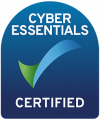
What Is Cloud Computing? A Beginner’s Guide
What Is Cloud Computing? A Beginner’s Guide
You most likely already use cloud computing, with the most used example of Cloud Computing being Google Drive, with a rate of 94.44% usage rate. Cloud Computing or ‘The Cloud’ is a server that stores data and is a great tool for businesses. It is the delivery of computing services which include servers, storage, databases, networking, software and intelligence over the internet.
How Does Cloud Computing Work for Business?
Cloud computing is a paid service that many companies opt for as you often only pay for the space you use, and also lowers the overhead costs of a data storage service. Furthermore, a company is able to enjoy the flexibility of having this data stored in one place, on its own platform, and at hand whenever it needs to be accessed, allowing global companies to have documents and data shared and available anywhere, anytime.
What Are the Advantages of Cloud Computing?
Companies are trying to keep up with the technological demand of everything being moved online, which means that cloud computing security has become increasingly in demand recently. And, rightly so, as there are huge benefits for companies to gain. Some of the key benefits of cloud computing solutions for businesses in particular can be found below.
Cost Saving
A person or company only pays for the storage used, in a sort-of rental agreement. Using The Cloud means that a company also saves money on purchasing physical hardware servers for their on-site locations, which in turn saves money on electricity, hiring IT specialists for the installation process and then the continuation of maintenance.
Productivity and Mobility
The Cloud has transformed the way people store their data which has huge benefits to a business’s productivity, with it being paramount for increasing the work speed of employees, as data is so accessible within just a matter of seconds. This is relevant in today’s working environment as many people use smartphones to work from.
There is the added benefit that The Cloud allows communication across many levels, benefiting companies who have employees or clients residing in different locations, as they will have access to this data immediately- ideal for remote workers!
Security
Although there may be both benefits and disadvantages relating to security and the Cloud, the benefits are often highly regarded as cloud providers run a tight security ship through control measures which assist in the protection of your data. A person can have peace of mind knowing that the service runs on the most up-to-date version, which is often secure and runs at a fast pace. Cloud computing platforms manage a person’s data through in-transit and at-rest encryption, and with built-in security measures which detect and obstruct threats.
Data Insight
The power of knowledge closely aligns with knowledge is power, and with the right cloud computing service, a company could have the option to review reports relating to clients’ movements and transactions. If this data is used correctly, it could see a company’s sales and marketing team create a plan to increase revenue.
Types of Cloud Computing
Now to look at the slightly more complex side of cloud computing, the different types. This is a very basic guide and is not intended to delve deep into how all of the four main types of cloud computing operate, however the categories are as follows:
- Private Clouds: This basically refers to the cloud being used by one sole user or client.
- Public Clouds: These clouds are when multiple users or clients are using the same cloud.
- Hybrid Clouds: Hybrid clouds are complex, but to be put very simply- it usually refers to a single IT environment that is structured from multiple environments and is connected by local area networks (LANs).
- Multiclouds: Multiclouds consist of more than one cloud service and vendor- all Hybrid Clouds are multiclouds, but not vice-versa.

Migrate your current infrastructure to the cloud or create your cloud solution from scratch.
We provide you with the latest cloud technologies and solutions so you can focus on your core business. Our solutions can be used for services including data storage and backup, streaming media content, creating and testing applications, automating software delivery, hosting blogs and applications.


